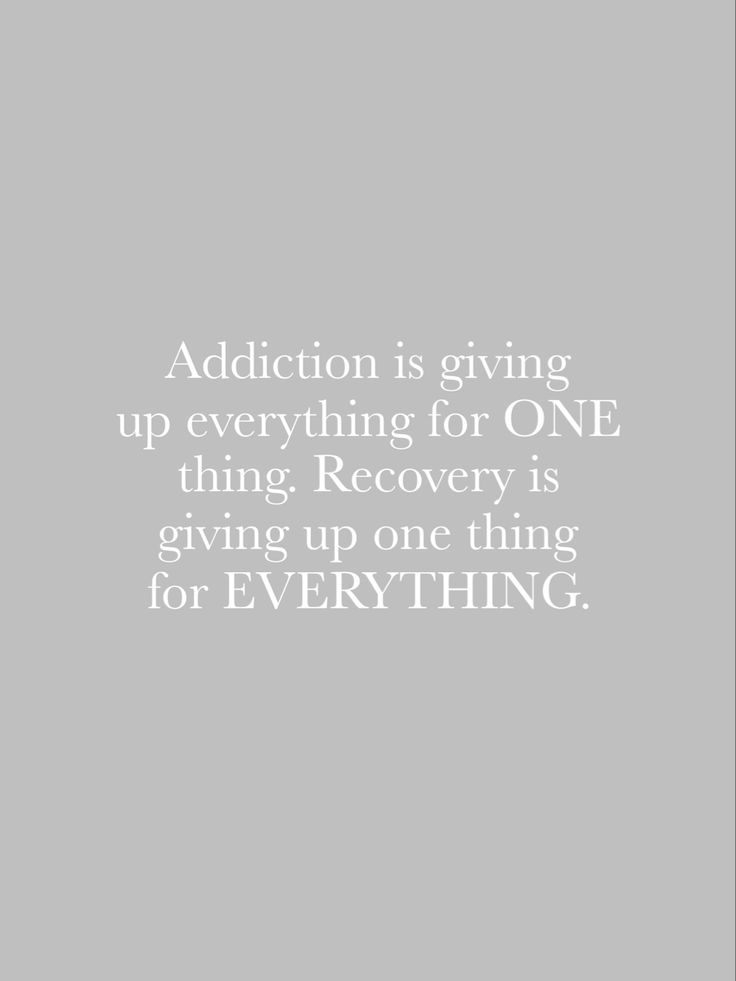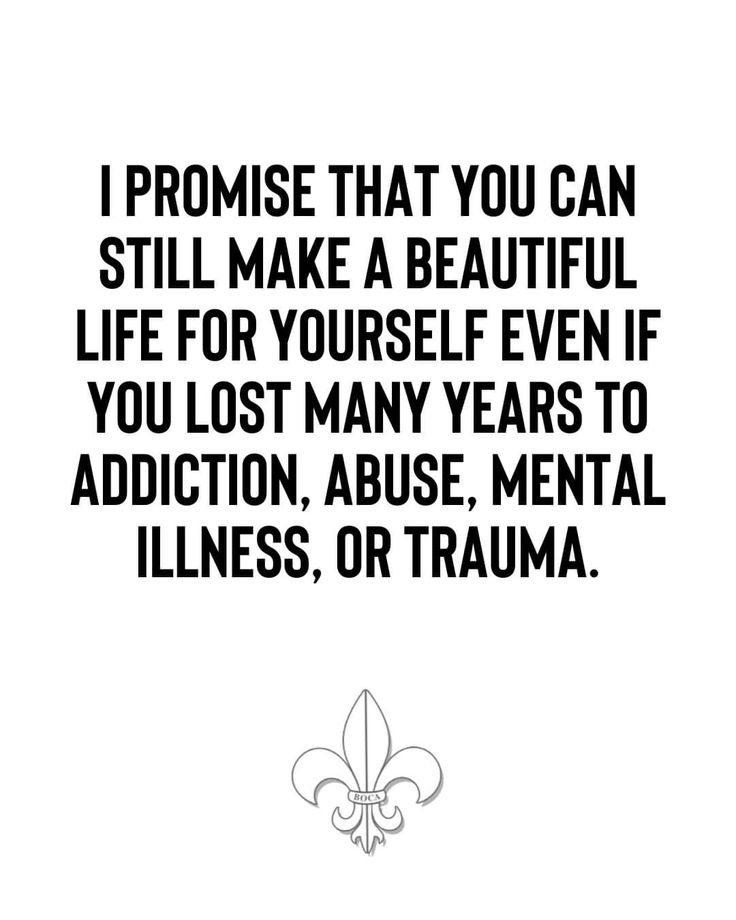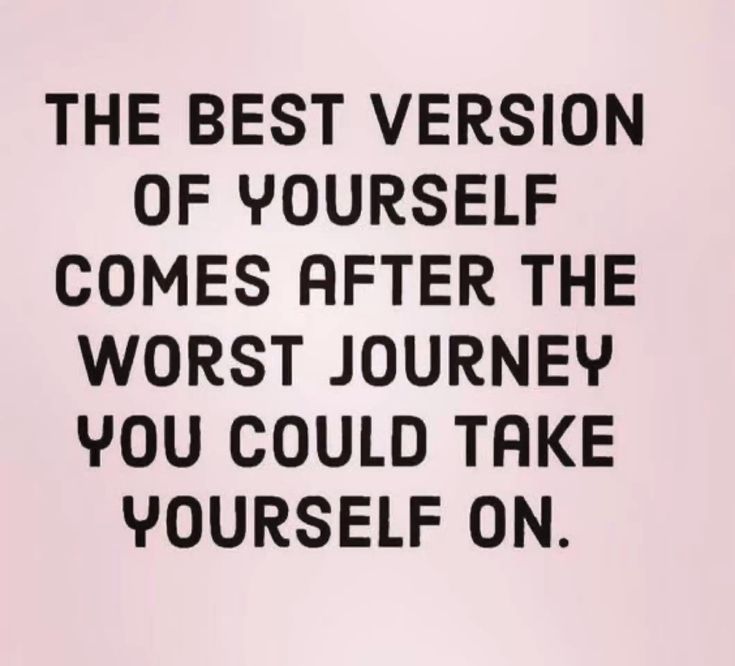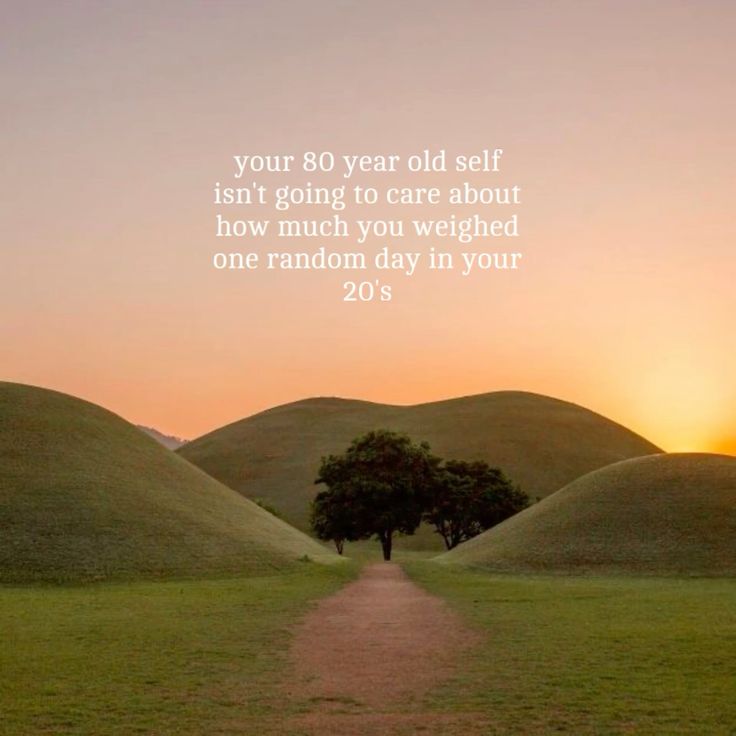My journey back home from the in-patient program can best be described as a “slip”— a slow return to habits that brought me there in the first place. Initially, I was successfully following my meal plan but soon I began to wane off. I started calculating the amount of calories I was eating, reducing my portions, cutting back on water, and increasing the frequency of weighing myself. At this time, I had realized I was slipping back into my eating disorder but I didn’t let that stop me.
I will admit, after being discharged, there was still a small part of me that still wanted to recover. That minuscule amount of hope lasted for a bit, but the desire to lose weight started to overshadow my commitment to recovery. Rather than falling back into extreme behaviors such as restricting calories, over-exercising, or binging and purging, I tried to follow what I thought was a healthier approach— a slight calorie deficit and regular workouts, just like a “normal” person trying to lose weight. I know, I know, this was a terrible idea given my circumstances but I genuinely felt good doing this. I felt healthy and I loved how I was actually able to do something normally for once.
Unfortunately, it didn’t take long for my eating disorder habits to creep back in. I became obsessed with the specifics of my diet—what I ate, how much, and when. I refused to deviate from my self-imposed meal plan, even though my actions were severely rooted in the disordered thinking that nearly killed me in the first place. That was until one day when I decided to ween off my diet and “live a little” but oh my, it backfired immensely.
The moment I ate something off-plan, I was overwhelmed with guilt, the kind I had felt when I was in the depths of my eating disorder. In that moment, I felt everything I had been working toward—the progress, the healing, the reviving—disappear. I was consumed by nothing but disgust, anger, and self-hatred as if my body wasn’t even mine anymore. Furthermore, I felt as if all my progress was lost and I am not referring only to weight; it was about the idea that the hell my body endured in the pursuit of losing weight was all put to waste.
So, I relapsed. And of course, my body began to revert its previous image as my weight began to drop rapidly. Everything went back to my version of normal where I spent my time calculating, restricting, binging, and purging. I won’t lie, by this time, I was exhausted but moreover, I was mortified as time went on. Why? Because, as each day passed, I moved closer and closer to my first checkup after being released from inpatient and I was worried I would be readmitted. Nevertheless, I continued my destructive behaviors while my anxiety continued to grow.
I remember the night before and the morning of, I was frantically chugging water and electrolyte drinks in desperate efforts to balance out my vitals which I knew were extremely low. Even though I think I chugged like 10 water bottles, my “genius” idea completely blew up in my face. I was still being readmitted. Rationally, I did what anyone would do under these circumstances— I ran away. In my panic, I had stolen my dad’s car and dipped it before he came home. Amid my panic attack, I called a close friend and told him the situation. He reassured me that I would be okay despite being readmitted and thought it would be difficult, it would help me get better. Most importantly, he reminded me that I needed medical treatment and that going back to the program was the best way forward. So I wiped my tears and drove home.
Oddly enough, my parents didn’t kill me the second I stepped foot in the house but I was still overwhelmed with emotions. It had been a strange feeling of relief, guilt, and fear all mixed into one. I still maintained a deep sense of resistance to returning to the hospital as my rage and despair grew at the fact that I had to be readmitted and literally had no choice once again. Starting over felt like the ultimate failure, and I could hardly find any motivation to continue which left me extremely depressed. I found that the second round of treatment proved to be even more difficult than the first and my e.d habits only amplified. I was calculating everything down to the smallest detail, I was secretly working out, and even purged a couple of times. To make matters worse, my doctors had estimated that by the time I would be let out again, senior year would have already started.
Once again, my recovery had become a race to the finish line and it became apparent I wasn’t recovering all over again. The time I spent in the hospital again felt like a major waste of time and I didn’t understand what I was doing wrong. However, it was in this frustrating, seemingly endless cycle of struggle that I had an epiphany: recovery has to come from within. I realized that the desire for control, which my eating disorder was so obsessed with, needed to be channeled into something productive— my own recovery. Recovery isn’t something that I could have been forced to do. Instead, it was about making the decision for myself, on my own terms.
This realization marked the beginning of the true shift in my mindset. Furthermore, I eventually reached a point where I became sick and tired of struggling with an eating disorder and simply longed for a normal life. I missed feeling human and having a life so I finally began to try and get it back. It took many months of relapsing and recovery after getting released from my second admission and I finally reached the point when I decided that I would no longer let my eating disorder dictate my life. Slowly, but surely, I began to change, not because I was forced to, but because I truly wanted to (hella emphasis on slowly).


Through this long, painful intervention, I’ve learned that recovery is truly not a linear path. In fact, it is like a cosine wave with many setbacks, relapses, and moments of doubt. However, the most important lesson I’ve learned from this is that the decision to recover has to be one’s own. I can’t force myself into recovery or let others force me; it has to be something I choose for myself. And once I accepted that the real progress began—not just physically, but mentally as well.

